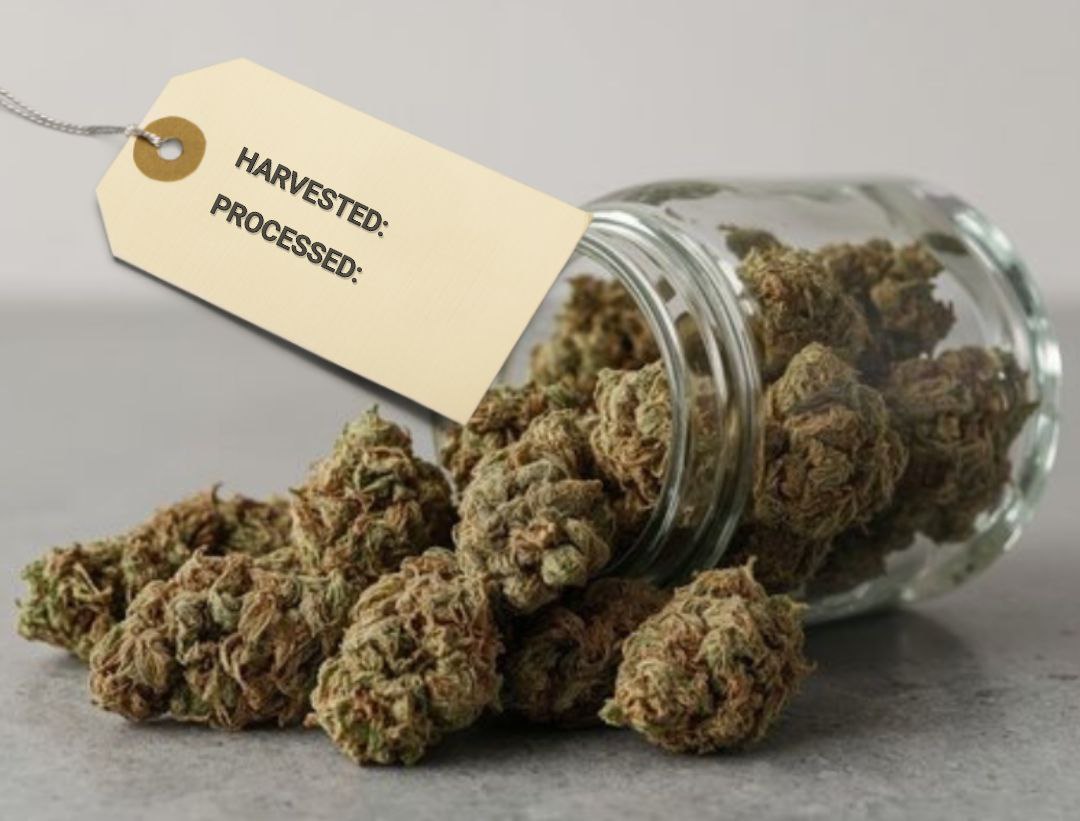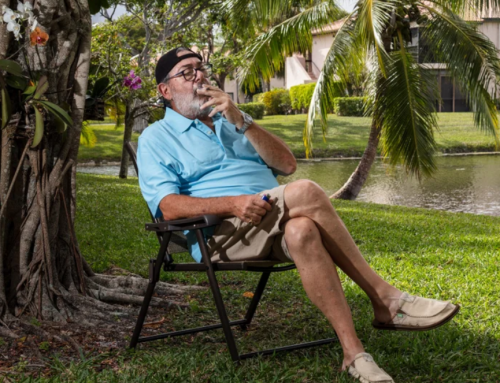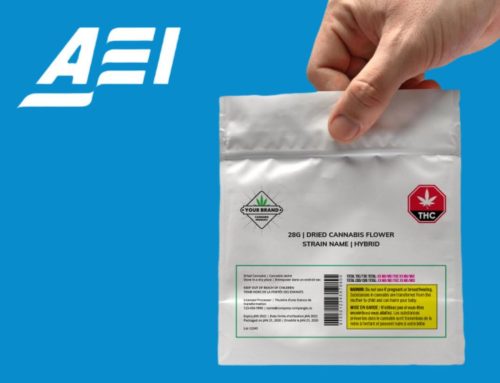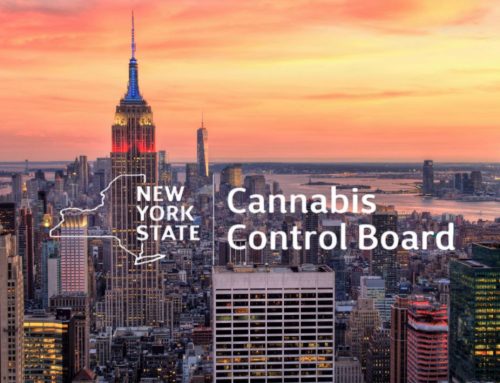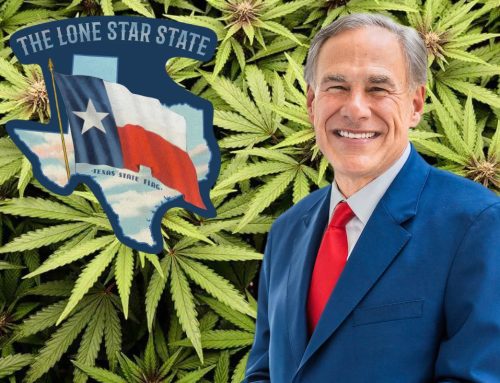Washington State Regulators Plan to Label Cannabis with Harvest & Processing Dates
OLYMPIA – State regulators in Washington are advancing a proposal to reinstate harvest and processing dates on labels for recreational Cannabis products, a requirement that could equip buyers with clearer indicators of freshness amid concerns over product degradation.
The push stems from a January 2024 petition filed by Chuck Olivier, a private citizen focused on consumer protections in the Cannabis sector. Olivier urged the Washington State Liquor and Cannabis Board (WSLCB) to amend its packaging rules under WAC 314-55-105. Specifically, the change would mandate the harvest date for raw flower and the processing date for extracts and infused goods on all retail packaging. This echoes an earlier mandate that existed from the program’s 2014 launch until a 2016 rule revision removed it, a move Olivier argued has left buyers in the dark.
At the WSLCB’s September 10 board meeting, policy staff delivered the latest update on the petition during a dedicated rulemaking segment, signaling continued momentum. Board members reviewed staff recommendations, though no final vote occurred. The discussion highlighted ongoing stakeholder input, including from producers who note seasonal harvesting cycles and processors managing shelf-stable formulations. Implementation, if approved, would likely follow a standard CR-102 proposal process, with public comments and a hearing slated for early 2026.
Proponents, including small-scale sungrown farmers, contend the dates would address real-world issues like terpene loss and cannabinoid shifts that occur post-harvest, potentially curbing health risks from mold or mycotoxins in aged stock. According to the 2024 WSLCB Cannabis Consumer Education Survey, 84% of respondents stated that they read a product label. Requiring dates could trim waste (estimated at 15-20% of annual inventory in a market valued at $1.26 billion last year) by steering purchases toward peak-condition items.
On the flip side, larger operators have flagged compliance hurdles. Updating labels means recalibrating automated systems and reprinting materials, with one estimate from a Spokane-based processor pegging initial costs at $5,000 to $15,000 per facility. In a state where margins hover around 12-18% after taxes, such outlays could nudge retail prices up by 2-5%, hitting budget-conscious buyers hardest. Equity considerations loom large too. Social equity licensees, often smaller outfits, might face steeper relative burdens without targeted support.
If enacted, the rule would fold into broader WSLCB efforts to modernize under the 2024-2029 strategic plan, which emphasizes data-driven consumer safeguards. Yet enforcement remains a wildcard. With 800 licensed producers and processors, and nearly 500 retailers statewide, spot-checks would strain the board’s 120-person enforcement team absent added funding.
From a market perspective, this petition tests the balance between disclosure and operational ease in a $35 billion national industry. Adoption could reward cultivators with verifiable timelines, fostering loyalty among discerning users, while pressuring shelf-fillers to innovate preservation techniques. Either way, it highlights a key point. In regulated Cannabis, information goes beyond a mere label. It’s the line between a confident consumer, choice, and thoughtful craftsmanship.












